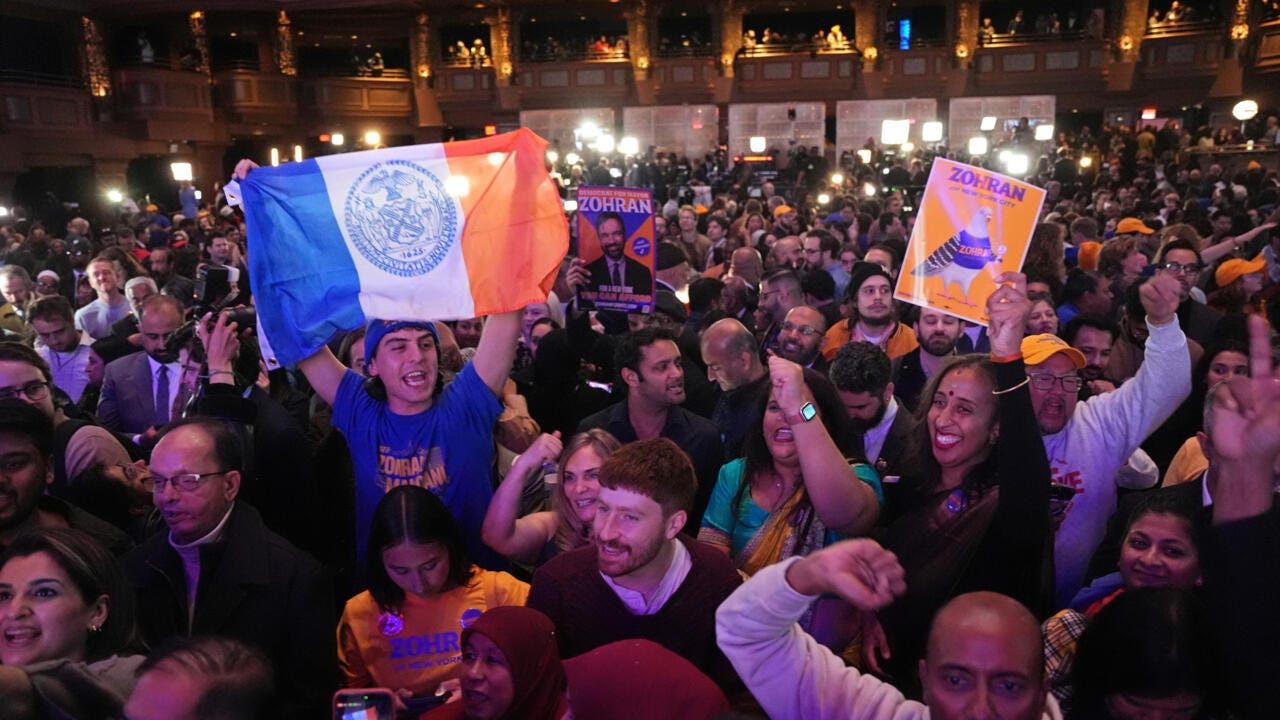The Urban Paradox and How Radical Empathy Unmasks the Failure of Centrism
In a world fractured by ideological divides, Zohran Mamdani’s mayoral victory in New York City serves as a potent mirror, reflecting both the profound yearning for systemic change and the deep-seated discomfort with anything deviating from the ‘moderate’ path. This deep dive explores how a platform of radical empathy exposed the inherent limitations and often hidden cruelties of political centrism, forcing us to confront the true cost of an unspoken consensus.
The Echo of Unmet Needs
In the cacophony of modern urban politics, a new kind of silence has become deafening: the unspoken suffering of millions. Zohran Mamdani’s surprising victory as New York City’s mayor, the youngest in over a century, is not merely a political upset; it is a seismic cultural event. It represents a collective refusal to accept the prevailing wisdom that ‘moderate’ or ‘centrist’ politics offers a stable path forward. My thesis posits that centrism, in its fervent pursuit of balance, often inadvertently sidesteps the most pressing, painful societal inequalities, creating a dangerous vacuum that only radical empathy can truly fill. Mamdani’s ascent reveals how deeply entrenched social and economic fissures, long ignored by a comfortable political establishment, are now erupting into the mainstream, demanding a confrontation with our collective conscience.
Mamdani’s Blueprint: A Politics of Shared Burden
Mamdani’s platform was audacious in its simplicity and profound in its implications: free buses, rent freezes, universal childcare, and higher minimum wages. These are not merely policy proposals; they are expressions of a radical empathy that seeks to re-center the urban experience around fundamental human dignity. The antithesis here is clear: these ‘radical’ ideas are, in fact, direct, pragmatic responses to urgent human needs that have been systematically neglected or deemed ‘too expensive’ by decades of centrist governance. When a society allows its citizens to struggle with basic needs like shelter and transportation, it is not being pragmatic; it is betraying a core social contract. Mamdani’s mandate, therefore, is not just political but moral: to forge a politics of shared burden, where the prosperity of a city is measured by the well-being of its most vulnerable.
The Comfortable Cage of Conformity
The inevitable backlash to Mamdani’s victory, particularly from segments of the right, was swift and predictable, often resorting to racist and anti-Muslim rhetoric, labeling his win as a dangerous shift to ‘extremism’. This reaction, however, reveals a universal human weakness: the addiction to comfortable narratives and the denial of systemic suffering. It is easier, and far less threatening, to dismiss a movement as ‘radical’ or ‘extreme’ than to grapple with the uncomfortable truth that its rise is a direct indictment of the existing order. As Hannah Arendt observed, in her work “The Human Condition,”
Action, unlike behavior, is never possible in isolation; behavior is always behavior toward something or somebody, action is always relationship with and between men.
– Hannah Arendt
The fear of ‘radical’ action often stems from a deeper fear of true relationship and the uncomfortable demands it places on us to confront the status quo we benefit from or passively accept. To acknowledge Mamdani’s legitimacy would require a profound self-reflection, disrupting the comfortable cage of conformity built by decades of political stasis.
Beyond the Ballot: Reclaiming the Urban Soul
Mamdani’s victory connects directly to the existential stakes for urban living and democratic health. What does it mean for a city to thrive? Is it merely economic growth, or is it the flourishing of every individual within its bustling streets? This shift challenges the




